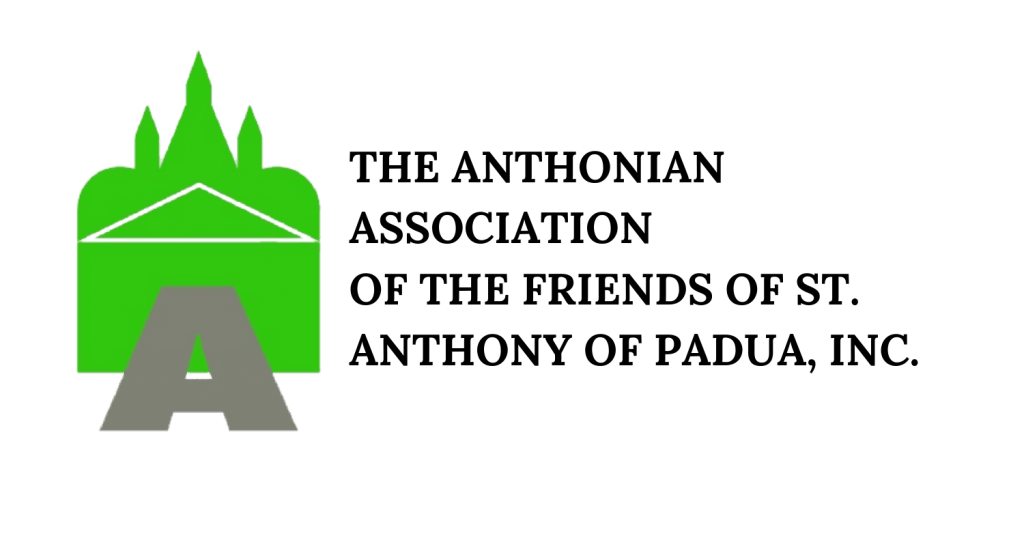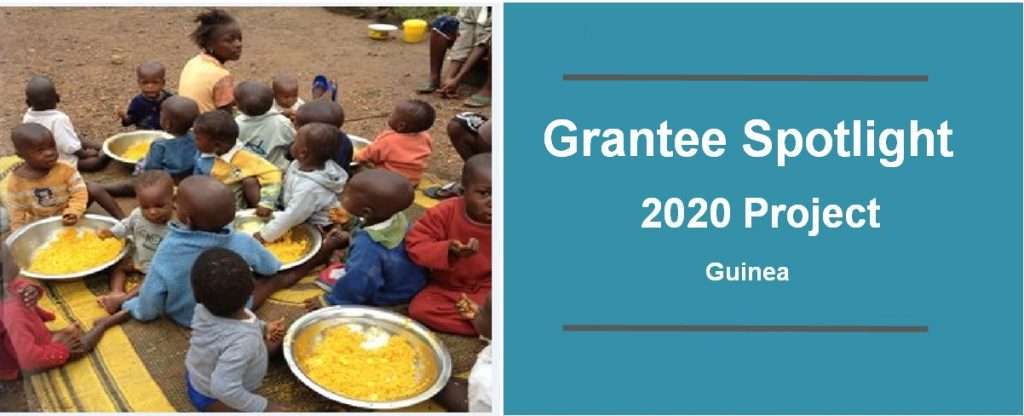
Life in Guinea (a tropical country along the Atlantic coast of West Africa) was already very hard because of the Ebola crisis, and now even more due to the Covid-19 pandemic.
About 67 per cent of Guineans live in poor rural areas, and most are subsistence farmers on very small plots. Though around 80 per cent of the population are farmers and they grow a lot of rice, the harvest isn’t sufficient even to feed the Guineans. Additional rice is imported from Asia, and those who have no money, cannot buy.
Sister Jeanne Pascale Guilavogui, of the Sisters of the Servants of the Virgin Mary and Mother, is a member of a local congregation of 40 Sisters with a mission to minister especially to children orphaned by mothers’ high mortality rates. The nuns minister in Sènèbou, a village on the outskirts of the capital of the Macenta in the southeast of Guinea, with has a population of around 200.
Sister Jeanne notes, “the people of Sènèbou are deeply grateful to eat at least one per day. Only the lucky eat more. Before going to sleep, many are already thinking about what they can eat the following day.”
“Financial assistance from St Anthony’s Friars would help them find lasting solution and ways to free themselves from persistent hunger” she remarks.
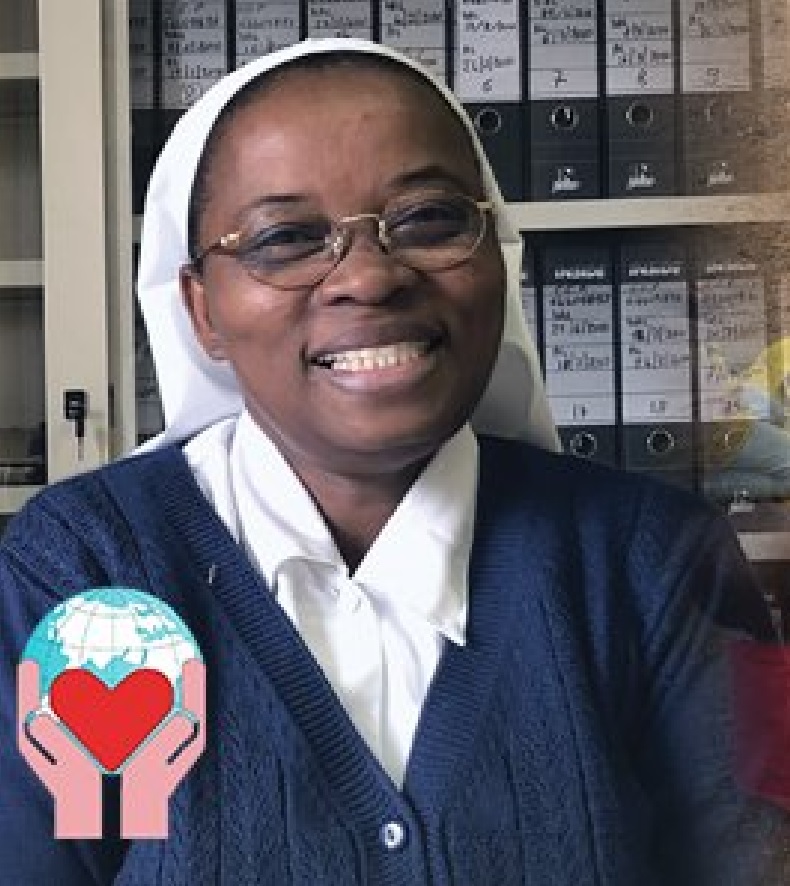
“There’s a saying that ‘a hungry man is not a free man’, and this is true of our area: people are not free because they are always hungry through lack of food,” she continues. “One meal a day is not at all safe today. Children can’t go to far away schools with empty stomachs, for example. And parents are unable to feed their children and families, nor are they able to take care of themselves.”
Expanding income potential in agriculture
A need or problem such as hunger encourages creative efforts to meet the need or solve the problem. So the nuns of the Congregation of the Servants of Mary Virgin and Mother, devised a project with the aim of improving nutrition. This would be achieved through better cultivation of the land, requiring less time and producing a better yield through team work and using a rice variety called Nercia. “This new production will help us have a much more abundant production with less effort and time,” says Sr. Jeanne. “We will also be able to cultivate rice several times each year.”
“It rains a lot in this region – almost seven months a year,” says Sister Jeanne, “and this prevents adequate cultivation for food needs.” So she had a simple idea: “why not expand to rice–fish polyculture in the village of Sènèbou” combining the cultivation of fish into rice paddies, will reduce the need for fertilizers and pesticides and increase rice yields.
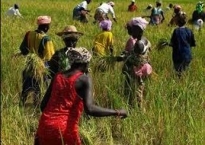
Many studies have confirmed what rice farmers have known for centuries in China, where it’s common practice to farm fish alongside rice to boost their yields and increase the diversity of food available to eat and sell. In Guinea, these methods could give way to the practice of monoculture and expand farmers’ income potential.
Productivity is very low because farmers have little access to information, new technologies, basic infrastructure or rural financial services. Rural dwellers have few ways to earn except farming, and availability of healthcare, education and safe drinking water is very limited in rural areas.
Developing a more efficient agricultural chain in Guinea is very difficult because institutions and the regulatory framework are weak, government services work badly, basic infrastructure is inadequate and there are too few rural finance institutions.
Rice and Fish: a perfect combo
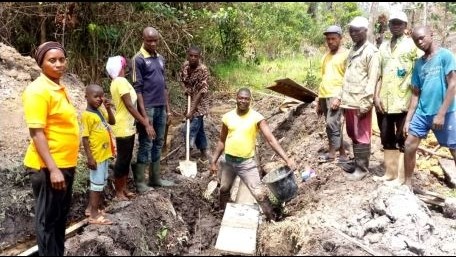
Several years ago, the village created a paddy field using water tanks. This had good results: less work, fewer costs, and a larger quantity of rice than when grown using traditional farming techniques. But the villagers had to buy expensive seeds and pay the technicians to use fertilizers and pesticides.
As part of the new rice-fish project in 2020, six young people specialized in agricultural methods would be hired. Then 30 young men and 30 young women from the village would be chosen to be trained by them on how to work in the new paddy field. “The men will first clear the trees and grass and make new tanks which should then last for around five years before needing to be renewed,” explains Sr. Jeanne.
“The women will plant the seeds, collect the rice, dry it, and put it in sacks after it has been cleaned by the men using a machine.” The division of labor between the men and women will allow each to do their other daily tasks. “The farmers are used to working in several places at a time,” she says. “So, while they are cultivating rice, they also make palm oil, plant peanuts, or clean their coffee fields.”
The beneficiaries are not just those of the village of Sènèbou, for the village would sell fish to the inhabitants of many other villages. “There are many people who benefit now, more than 2,000,” explains Sr. Jeanne. “Everyone says that you have to go to Sènèbou if you want to eat fish and have a variety of big fish.”
“The happiest people after the implementation of this project will be the women,” she continues. “they’re the ones who have to think most about finding food for the family, and this project gives them the opportunity to improve their living conditions by having rice and fish!”
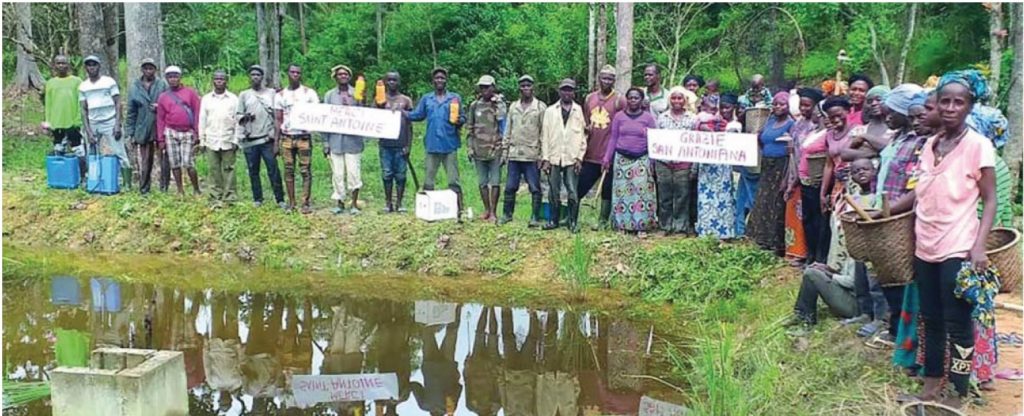
The addition of fish is really appreciated: “Only in the capital, Conakry, could you find such fresh, big, good and varied fish,” says one woman. “Usually it would take a year to arrive from the capital! Now you can find them here too. What joy! Many thanks, dear and kind benefactors. God bless you!”
“As a result of our rice paddy fields, we’ll no longer go hungry,” adds another woman. “We’ll have reserves for hard times too. Thanks a lot to our far away friends who have helped us even without knowing us. God reward you and give you both joy and peace!”
The future of the project is guaranteed by the proceeds from the project itself. “There’ll be more than enough to support the project in future years, and the initial expenses – creating the fields, purchasing of tools and equipment etc. – won’t need to be repeated, leaving more profit to help set up other projects in other areas in the future,” says Sr. Jeanne. “Thank you so much from everyone!” she concludes. “There’s a joy that just can’t really be described!”
In 2020, thanks to the support of St Anthony’s followers and devotees, a grant in the amount of $10,000 was awarded to Sisters of Servants of Mary Virgin and Mother (Guinea, West Africa) to buy the necessary equipment and tools to install a water tank for the production of rice and fish.
